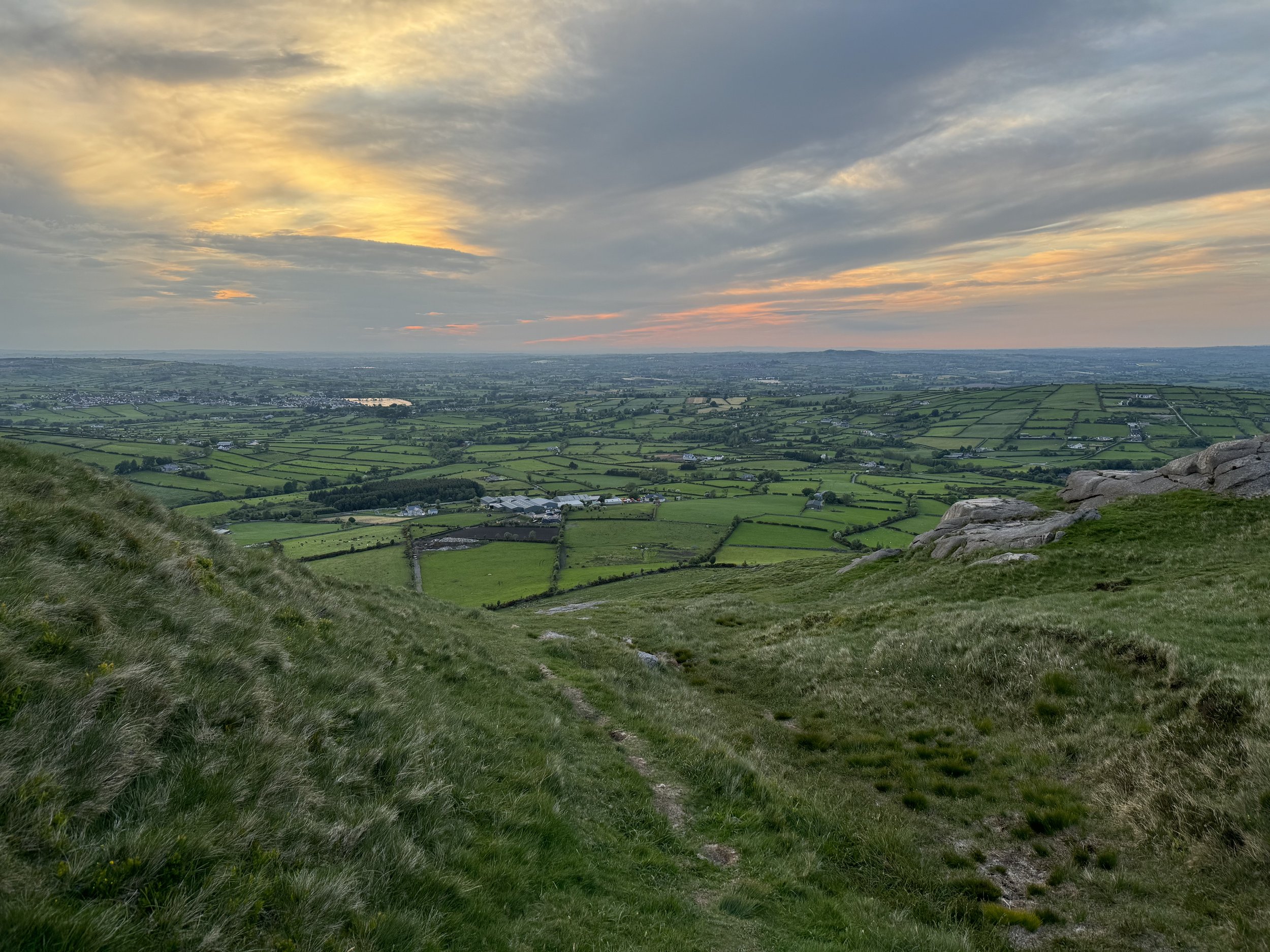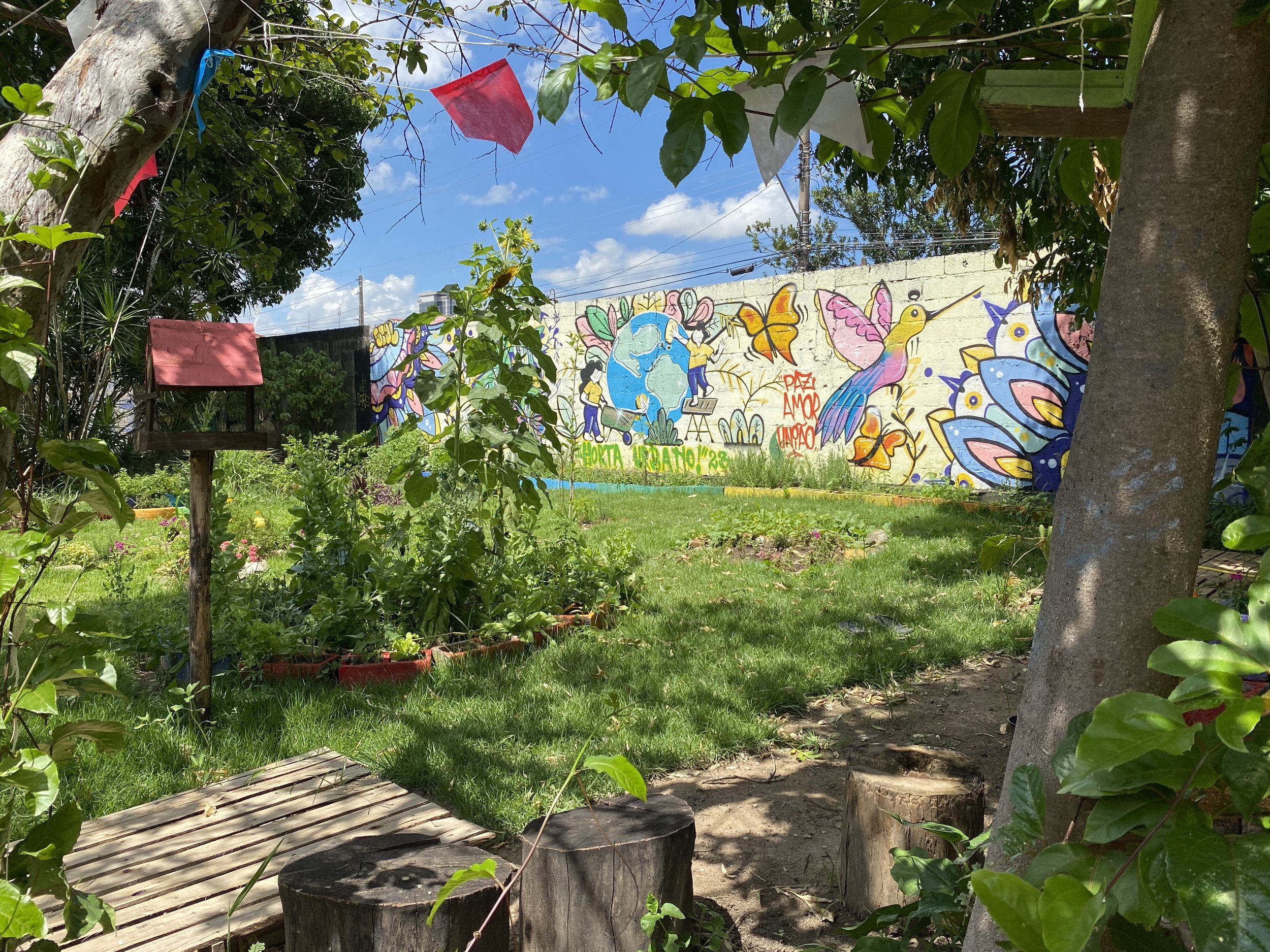
Permaculture is the way forward!
Permaculture, short for "permanent agriculture" or "permanent culture," is a holistic and regenerative approach to learning that combines ecological principles, ethics, and design techniques to address various aspects of human life and the environment. It encompasses a wide range of topics, practices, and skills, aiming to empower individuals with the knowledge and tools needed to create harmonious and resilient environments while promoting social, ecological, and economic well-being."
Permaculture is more than gardening or agriculture—it's a global, holistic design philosophy rooted in care. It provides a framework for creating regenerative systems that support people, enhance biodiversity, conserve resources, and promote self-sufficiency across all aspects of life.
Permaculture is guided by three central ethics:
The Permaculture Principles
Permaculture design follows a set of principles that guide the decision-making process. These principles include observing and interacting with nature, capturing and storing energy, utilising renewable resources, integrating diversity, and valuing small-scale and slow solutions. In this video, Andrew Millison dynamically explains all 12 principles of permaculture.
Integration into Global Educational Programs:
Our mission is to integrate permaculture principles into all subjects, empowering students with high-quality education that prepares them to become independent and responsible global citizens.
-
Mathematics: Permaculture principles encourage problem-solving and the calculation of resource-efficient solutions, such as precise garden irrigation techniques.
Science: Permaculture aligns perfectly with understanding natural systems, complementing the study of ecosystems, biodiversity, and nutrient cycles, making science lessons more engaging and relevant.
History: Students explore the fascinating evolution of agricultural practices, including indigenous agricultural methods and wisdom, connecting the past with sustainable practices of the present and future.
Biology: Our curriculum delves into permaculture gardens' ecological intricacies and the richness of natural habitats, providing a holistic perspective on biology and ecology.
Art: Artistic expression finds inspiration in permaculture's aesthetics, allowing students to reflect the harmony found in nature through their artistic creations.
Physical Education: Outdoor activities like gardening and nature space maintenance promote an active lifestyle while strengthening the connection between physical well-being and environmental stewardship.
Culinary: Cooking lessons that teach students how to prepare meals using permaculture principles, such as sourcing local and sustainable ingredients, reducing food waste, and making environmentally conscious food choices.
Here's how permaculture is integrated into different disciplines:The Power of Language: Words are powerful, and the power of language lies in the alignment of what we think, say, and do. Students are encouraged to document projects and craft narratives that vividly illustrate core concepts through essays, fostering creativity and effective harmonious communication.
🌿 Promoting Local Agriculture & Regenerative Food Systems
Regenerative practices—including Permaculture education, agroforestry, food forests, and sustainable gardens—are essential for transforming global food systems. By strengthening local agriculture, we ensure that individuals, families, and eateries have access to fresh, nutrient-rich, and regenerative ingredients, improving health and food security in both rural and urban communities.
By converting degraded ecosystems into thriving regenerative landscapes, we can restore soil health, increase biodiversity, and empower communities to grow food sustainably. Our vision is to become a hub for innovation, education, and community-driven solutions, supporting regenerative living practices that lead to abundant food production and personal well-being.
🌱 Together, we can regenerate the land, nourish people, and build a resilient future.

By joining Caring Without Borders, you’re not only helping to transform degraded land into thriving ecosystems but also contributing to the conservation of wildlife, the education of communities, and the creation of regenerative living models that can be replicated globally.








